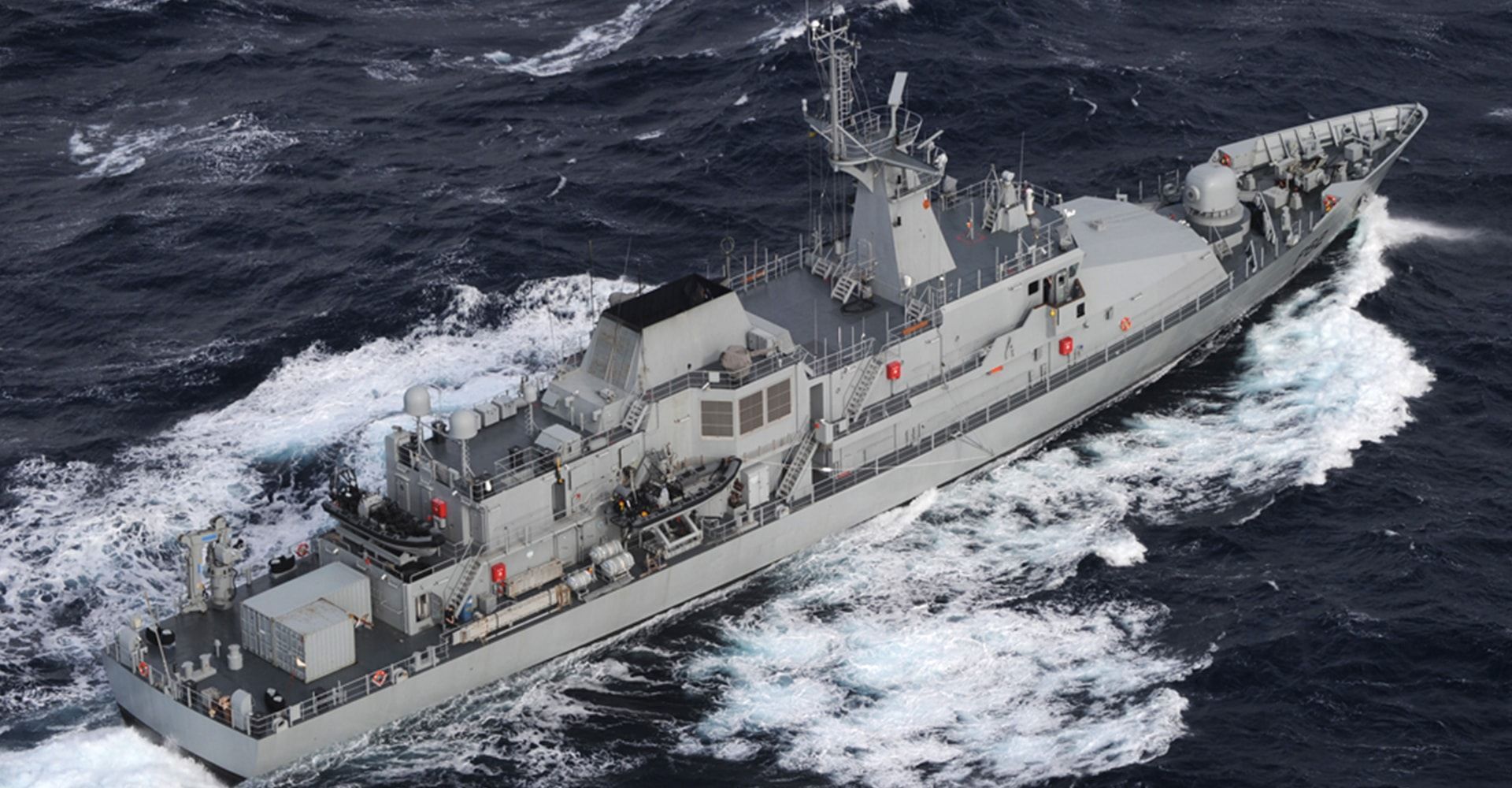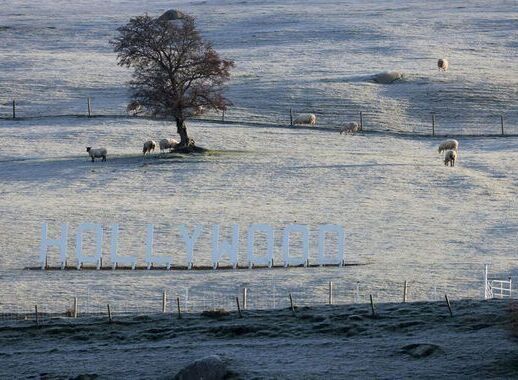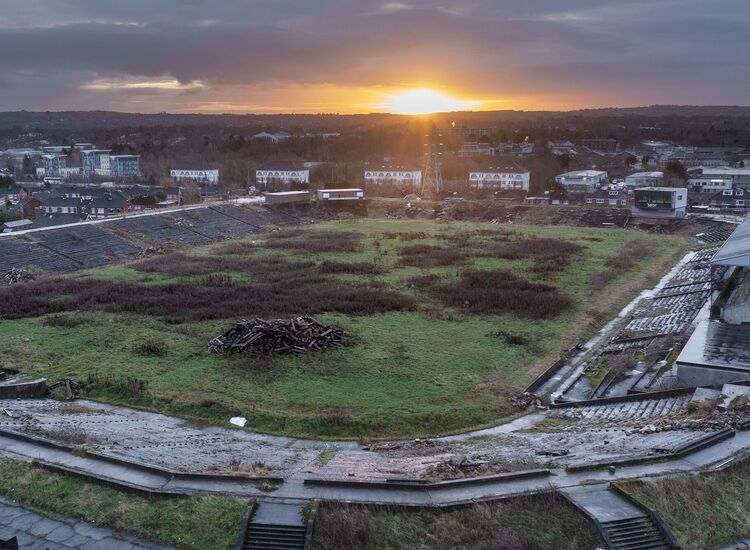The Russians are close and getting closer.
As a result, Ireland is considering joining a marine defense scheme as concern grows that Russian vessels are mapping the seabed off the Irish coast.
Taoiseach Leo Varadkar said that Ireland, which is militarily neutral, may seek help from the EU, and NATO, to defend vital data cables on the seabed.
Though not a member of NATO, Ireland is a member of NATO's Partnership for Peace program which allows for cooperative activity between nation states and the military alliance, even if those nation states are not full members of the alliance.
Mr. Varadkar was speaking at a European security conference in Moldova on the Ukrainian border. Last September, Russia was blamed by the West for the Nord Stream gas pipeline explosion in the Baltic Sea.
“Because we are an island nation, our seas are seven times greater than our land area and going through those seas are a lot of really important infrastructure and communications cables that connect Ireland to the world, and Europe to North America,” said the taoiseach.
Mr. Varadkar said that defending the undersea cables is not something that Ireland can do on its own.
“It makes sense for us to cooperate with our neighbors and allies, both in the European Union and under NATO, to make sure that those cables are secured no matter what happens.”
He added: “We live in a different world now and security threats are hybrid. We’ve already had a cyber attack on our health service. We need to make sure that nobody’s in a position to take down the IT systems around our critical infrastructure, like, for example, our electricity grid.”
Meanwhile, Tánaiste Micheál Martin has opened a public consultation for the planned Consultative Forum on International Security Policy. One of the issues up for debate will be Ireland’s policy of military neutrality.
“I have convened the Consultative Forum to build public understanding and generate discussions on our foreign, security and defence policies,” said Mr. Martin.
“I want this discussion to be as open, inclusive and consultative as possible.
“Today, I am inviting all members of the public to get involved, by making a submission to the public consultation and/or by registering to attend.”
The forum will take place at three locations this month at University College Cork, University of Galway and Dublin Castle.








